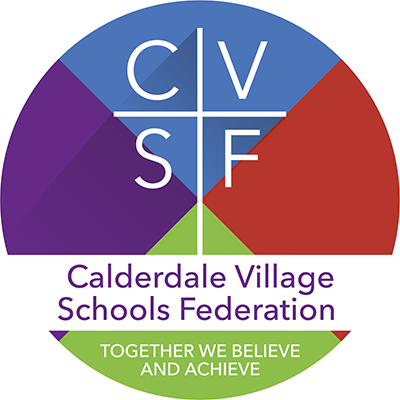Staying Safe on Line.
While there are huge benefits to being online to stay connected to family and friends during this period, the government recognises many parents feel concerned about the activities and content their children are accessing. Please click here or the link below to access the Government guidance, which outlines resources to help keep children safe from different risks online and where to go to get support and advice.
These resources will support you to talk to your child about a range of online safety issues, set up home filtering in a child-friendly way and set up age-appropriate parental controls on digital devices:
- Thinkuknow by the National Crime Agency - Child Exploitation and Online Protection command (NCA-CEOP) - resources for parents and carers and children of all ages to help keep children safe online
- Childnet has developed guidance for parents and carers to begin a conversation about online safety, as well as guidance on keeping under-fives safe online
- Parent Info is a collaboration between Parent Zone and NCA-CEOP - support and guidance for parents and carers related to the digital world from leading experts and organisations
- National Society for the Prevention of Cruelty to Children (NSPCC) - guidance for parents and carers to help keep children safe online
- UK Safer Internet Centre - tips and advice for parents and carers to keep children safe online - you can also report any harmful content found online through the UK Safer Internet Centre
- Inclusive Digital Safety Hub and Online Safety Hub, created by South West Grid for Learning in partnership with Internet Matters - support and tailored advice for young people with additional learning needs and their parents or carers
- Parents’ Guide to Age Ratings explains how the British Board of Film Classification rates content, and gives parents advice on choosing online content well
What harms might my child experience online?
You may have concerns about specific harms which children can experience online. There are more resources to help you understand and protect your child from these, including:
- child sexual abuse – a definition
- child criminal exploitation – a definition
- exposure to radicalising content
- youth-produced sexual imagery (‘sexting’)
- cyberbullying
- exposure to age-inappropriate content, such as pornography
- exposure to harmful content, such as suicide content
For more information, guidance or support please click the link below.
Age-inappropriate content and parental controls
If you have downloaded new apps or bought new technology to help stay connected at this time, remember to review and adjust privacy and safety settings if you or your child is signing up to a new online service.
- Internet Matters has step-by-step guides on how to set up parental controls so that you can control what content your child can access online
- the UK Safer Internet Centre has guidance on how to switch on family-friendly filters to prevent age-inappropriate content being accessed on devices in your home
- the NSPCC has more information for parents or carers with concerns about their child seeking inappropriate or explicit content online
Apps to help children stay safe online
The BBC has a website and app called Own It. The website helps children navigate their online lives, and the free smartphone app comes with a special keyboard which can intervene with help and support in the moments that children need it the most. It can be downloaded for free in the Google Play Store and Apple App Store.
SafeToNet is an app for parents to help them protect their children from online risks like cyberbullying and sexting, while respecting their child’s rights to privacy.













